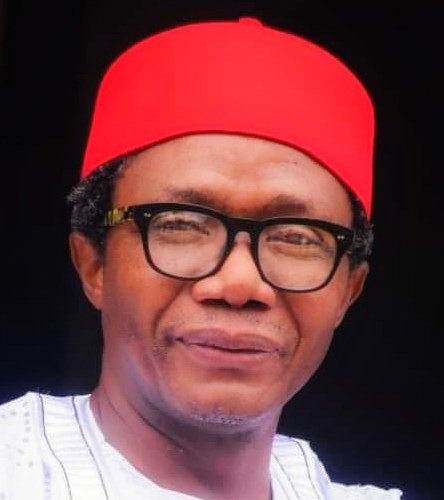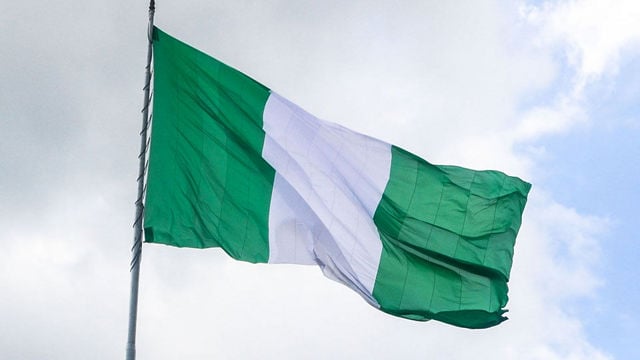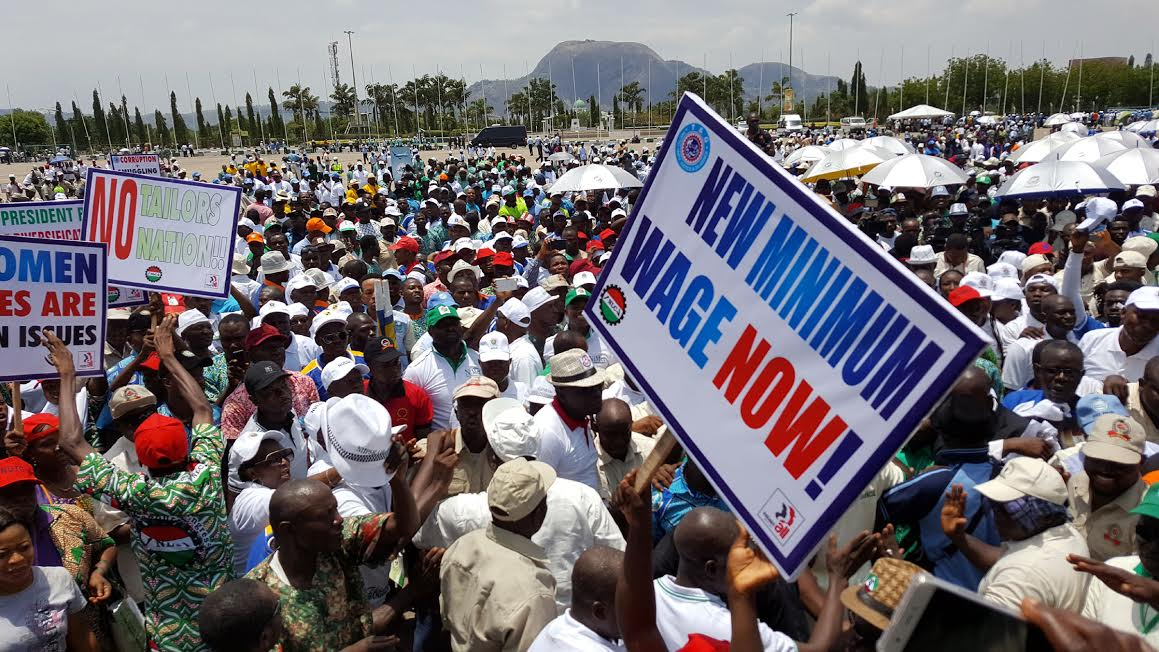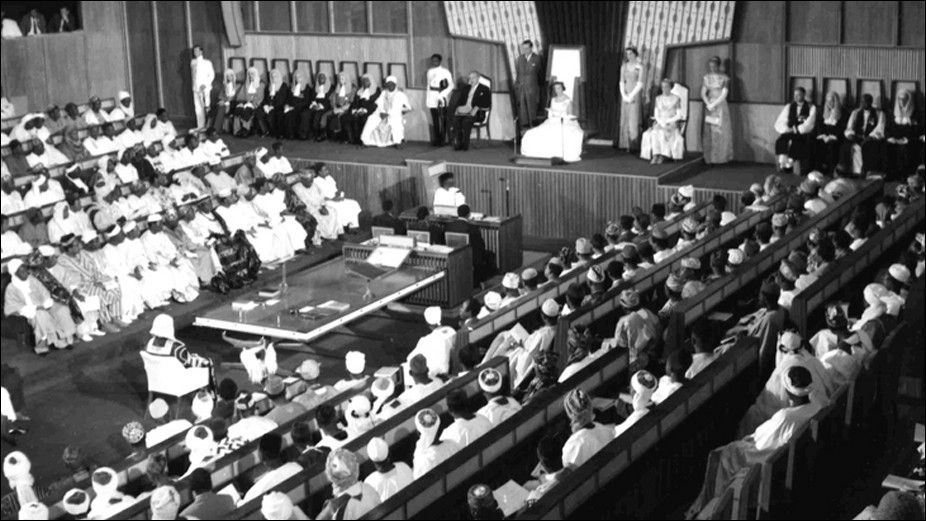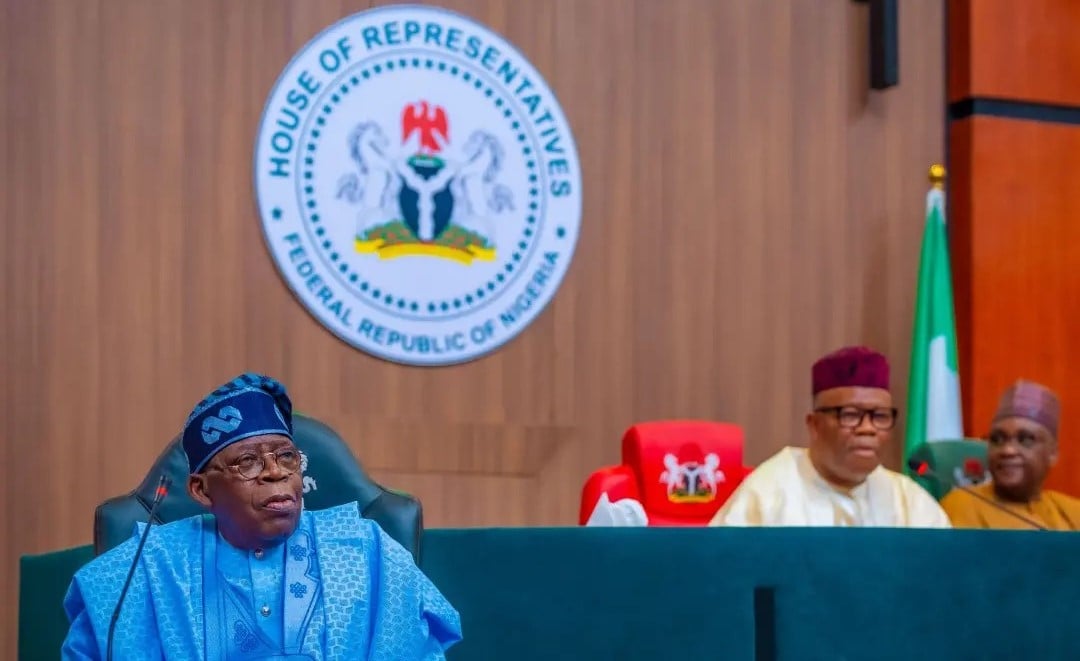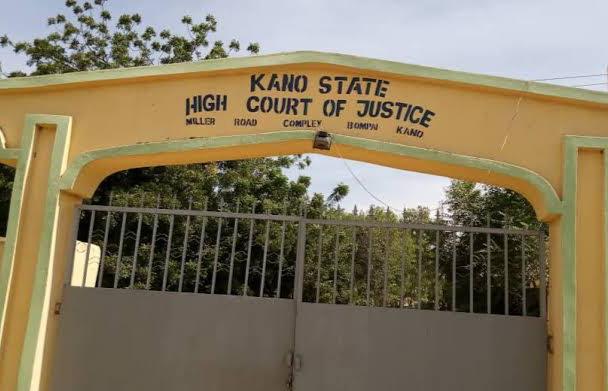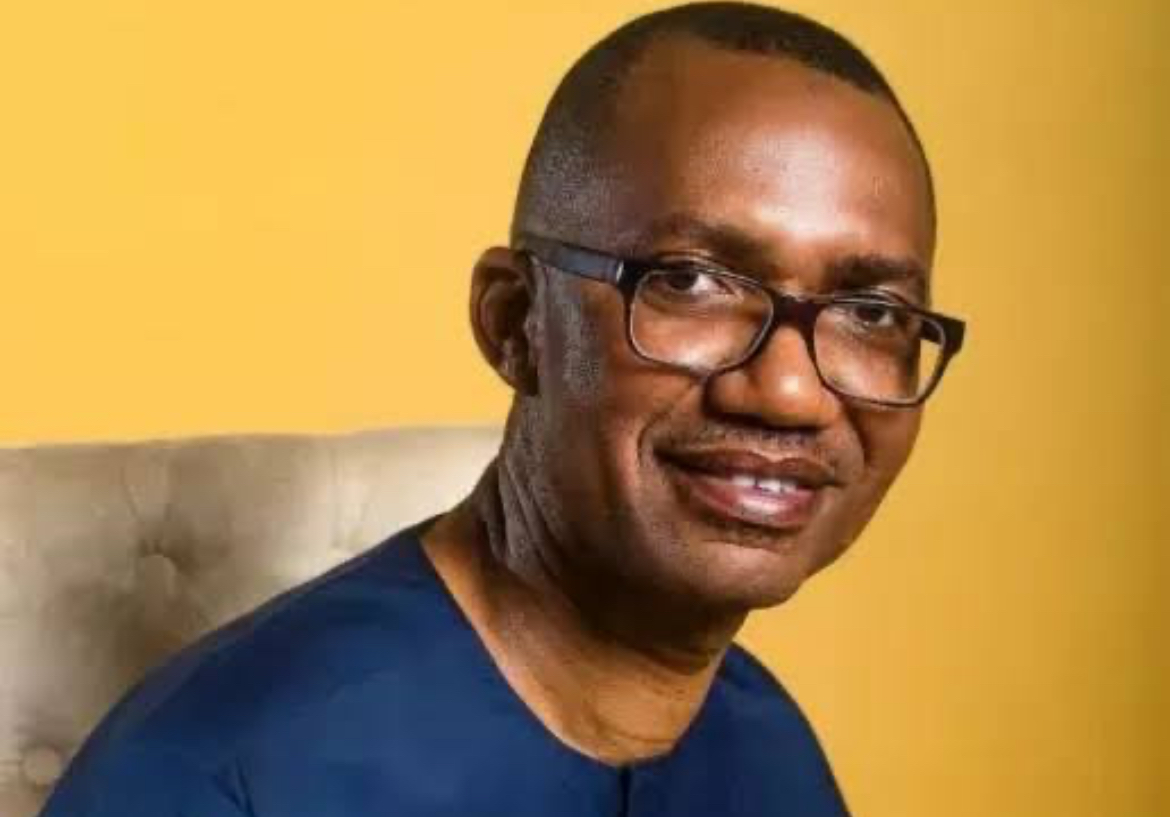It was like a joke at first. Nigeria’s national anthem was being reversed to the previous one by a law passed by the national assembly. The president is believed to be the inspiration for this somewhat pointless action taken by the national parliament, the logic for which has been looked for to no avail. It couldn’t determine if the bill was an executive or private member bill. However, it is noteworthy and unprecedented how quickly President Tinubu signed it and how urgently the national assembly passed it. Simply put, the Tinubu presidency is majoring in minor amid economic and security crises.
Priorities and the results of actions and inactions are important to life. The economic and security challenges present President Tinubu’s administration with at least two fronts of a national emergency. A man whose house is on fire doesn’t go after rats, but going for a change of the national anthem—which, incidentally, not many Nigerians think is a problem—makes just that impression. Every citizen is concerned about the growing economic and security problems, which the president needs to address head-on.
The World Bank and the IMF, two Bretton Woods institutions, enticed President Tinubu to abandon fuel subsidies and defend the naira, a step that previous Nigerian presidents fiercely opposed or implemented piecemeal. For the sole reason that he was eager to validate his disputed presidential mandate, which is still in dispute, and to gain worldwide influence as an ‘action president’, Tinubu fell for it and led Nigeria into a trap.
Even crude oil, which makes up about 75 percent of the country’s export earnings, was heavily mortgaged during the past Muhammadu Buhari administration. This indicates that just a portion of Nigeria’s oil exports are sold for income; the remainder is used to pay off debt and meet other commitments made to other countries.
Advertisement
To make matters worse, the naira was floated and made to compete with other world currencies in the absence of significant inflow from exports and external reserves that continued to decline from $35 billion at the start of the Tinubu administration. Braggadocio is no virtue. What chance does Tinubu’s economic team see for the naira against, say, the $1 trillion foreign reserve-backed Chinese yuan, not to mention the British pound, US dollar, EU euro, or Japanese yen? Yet, the presidency boasts that the naira is floating to find its level.
The naira, as the trend is showing, has no level and needs to be defended and protected by all means. If not, it will collapse along with the nation’s economy. Because of the significant disruption and misalignment the naira floating and unplanned fuel subsidy removal have caused to the economy, the government is once again standing up for the naira, just like other nations do with their currencies.
The unplanned removal of fuel subsidies remains a tragic economic decision and another instance of braggadocio. Combined with naira floatation, the two policies dragged the economy into stagflation, with food inflation standing at about 40% as of today, a figure never recorded since Nigeria came into existence. As an example, in May 2023, when Tinubu took over, a basket of tomatoes sold for about N10,000. This week, tomatoes sold for N150,000. Yes, you read it right, and this kind of galloping inflation is not isolated. Virtually all goods have moved up by at least 300% and will leap further up when the new minimum wage comes into effect.
Advertisement
That’s what you get when you have rising prices for goods, expanding unemployment, and economic stagflation. That is what the country has to urgently deal with, yet the national assembly and the presidency are more focused on changing the national song.
In actuality, both the previous and current national anthems had important messages and were appropriate. The old hymn “Nigeria, we hail thee” is a relic from the colonial era because it was composed during the rule of the British in colonial days in 1959 and was first rendered the Whites. In 1978, Gen. Olusegun Obasanjo changed it, ostensibly to create something genuinely indigenous and to strengthen the nation’s autonomy.
The succeeding anthem brought in by Obasanjo—”Arise, O’ Compatriots”—makes a lot of sense as well. So, changing to the old has nothing to do with meaninglessness or applicability. It smacks more of inconsequential politics and ego trips that detract from the economic and security crises, which are the main challenges unsettling Nigeria at the moment. The third challenge is corruption, which is still having a field day and growing more and more intractable.
Therefore, one cannot help but beg the president to concentrate on the important matters, give the nation’s economic and security challenges the emergency attention they require, and give less attention to unimportant and irrelevant issues.
Advertisement
Nigeria is a nation of farmers. The country’s economy is built primarily on agriculture, and not much has been done to move the country away from subsistence farming and towards mechanised agriculture. Terrorists, Janjaweed bandits, and killer herdsmen have destroyed even subsistence farming by evicting Nigerian farmers from their lands and causing food shortages and serious insecurity.
Farmers in many states now have to pay terrorists and bandits to gain access to their farms so they may plant and harvest crops, given the level of insecurity that has enveloped the land.
The proposed establishment of the state police is a wise decision because it will enable the people to use their state governments to defend themselves against terrorists and bandits invading the country and other groups of terrorists who are encircling the country like vultures and attacking everywhere like a pack of wild dogs. To reduce the possibility of state governor misuse, the establishment of state police would require extremely detailed legislative drafting. The national anthem change is not as urgent as security is. Yet, such frivolities are what preoccupy the FG and the NASS.
The economy is in dire straits and requires rejigging. Until the value of the naira comes down to a reasonable level (below N1,000) and stabilises there, the country’s economy will not improve. Fuel subsidy has returned through the back door as a result of the government realising that the pump price of fuel cannot be allowed to continue to rise at the whim of staged market forces. If subsidies hadn’t been used to intervene, the price of fuel at the pump would have surpassed 1,000 naira long ago.
Advertisement
However, without the refineries in the country working, the price of fuel at the pump would not resettle favourably. Not a single refinery is operating a year after Tinubu entered office. As a private enterprise, the Dangote refinery has taken off. This is unlikely to provide any relief, though, as Nigeria is unable to provide crude to the Dangote plant due to both oil theft and the Buhari administration’s mortgage of crude. Because of this, the Dangote refinery is now compelled to look for crude from the US.
In summary, the Tinubu administration ought to stop focusing on minors and shadowboxing and instead tackle the pressing issues of the economy and security.
Advertisement
The federal government must give the economic crisis urgent attention. FG has to work with state governments to break the electricity jinx and fix a workable state police.
What’s more, a lazy approach to the nation’s macroeconomic management would be to continue to tax a collapsing economy, tax citizens who have been robbed of their ability to pay by poor economic policies, and take more loans. The only options left are: getting into massive export and high-volume food production, ensuring import substitutions, and, of course, rooting out corruption. But this cannot occur unless the enablers, such as electricity and security, are first taken care of. It will not happen by squandering time and money on unimportant side issues that divert attention from the primary, urgent course of action that is required, certainly not reversing the national anthem.
Advertisement
Dr Law Mefor, an Abuja-based forensic and social psychologist, is a fellow of The Abuja School of Social and Political Thought. He can be reached via [email protected]; Twitter: @Drlawsonmefor.
Advertisement
Views expressed by contributors are strictly personal and not of TheCable.
Add a comment
